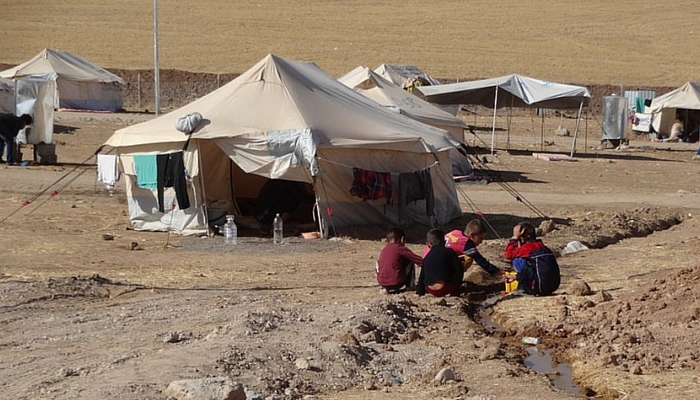Article by Doug Strycharczyk, CEO, AQR International.

Resilience and Mental Toughness – Are They Different?
There is a difference and, although the two ideas are closely related, there are important differences.
Unfortunately the terms are often used interchangeably which might mean that a desired outcome is targeted but not achieved. Moreover resilience is often used in the Hoover sense of the word – the term Hoover describes all vacuum cleaners but isn’t all vacuum cleaners.
The Oxford English Dictionary (on-line) defines Resilience as “the ability to recover quickly from difficulties”. This describes an ability to recover from an adverse situation either largely or completely. It does not necessarily imply that the person has a positive feeling about the negative situation. It simply means – something has gone awry, but I am going to grit my teeth, pick myself up and I still believe that I can do some or all of what I originally intended – despite this set back – and I am going to do my best to achieve some or all of my goals.
We would commonly describe someone who does this as a resilient individual. Although it will help that an individual is optimistic or positive, this is not a necessary condition for resilience. Consequently an individual who is resilient without optimism and confidence can be resilient but may find the going tough and may be more likely to wilt if the requirement is too frequent or too sustained.
Confusingly the Oxford English Dictionary offers Toughness as an alternative description of Resilience.
In its purest form resilience could be considered a passive or perhaps neutral quality. “I am resilient but I have to be resilient”. Not “…. because I want to be ….”
In the late 20th Century, an American psychologist, Suzanne Kobasa, looking at resilient managers found that some responded differently to stress pressure and challenge than others although all sought to be resilient. She found that some adopted a positive approach to adversity and challenge sometimes even seeking this out. She found that this predisposition towards exposure to challenge and risk often meant that these individuals dealt better psychologically with set-back (and repeated setback). She called this Hardiness to separate it from the idea of resilience.
With the addition of the idea of Confidence this has now emerged as Mental Toughness. This is defined as “a personality trait which determines in large part how individual deal with stress, pressure and challenge irrespective of circumstances”. A mentally tough individual sees challenge and adversity as an opportunity and not a threat and has the confidence and positive approach to take what comes in their stride.
Resilience and Mental Toughness are related. Most if not all mentally tough individuals are resilient but not all resilient individuals are mentally toughness. The difference lies in the positive component.
Is the distinction important? We believe so.
Both resilience and metal toughness are developed through experiential learning. Either though targeted development, coaching or simply living through life’s experiences.
The outcome is subtly different but important in a world where everyone experiences change, challenge and setback more frequently and more quickly than ever before. Adopting a positive mindset is important – this is about being “comfortable in your own skin” and accepting life’s ups and downs as part of the journey through life. Its part of the process of personal development.
We might usefully think of the difference in terms of the phrase “survive and prosper”. Resilience helps you to survive (but not always) and Mental Toughness helps you to prosper (but, again, not always).
It matters because the outcome is more positive leading to:
- Better performance
- Better and sustained wellbeing
- Development of positive behaviours
Singly or in combination these produce better outcomes for organisations and individuals.